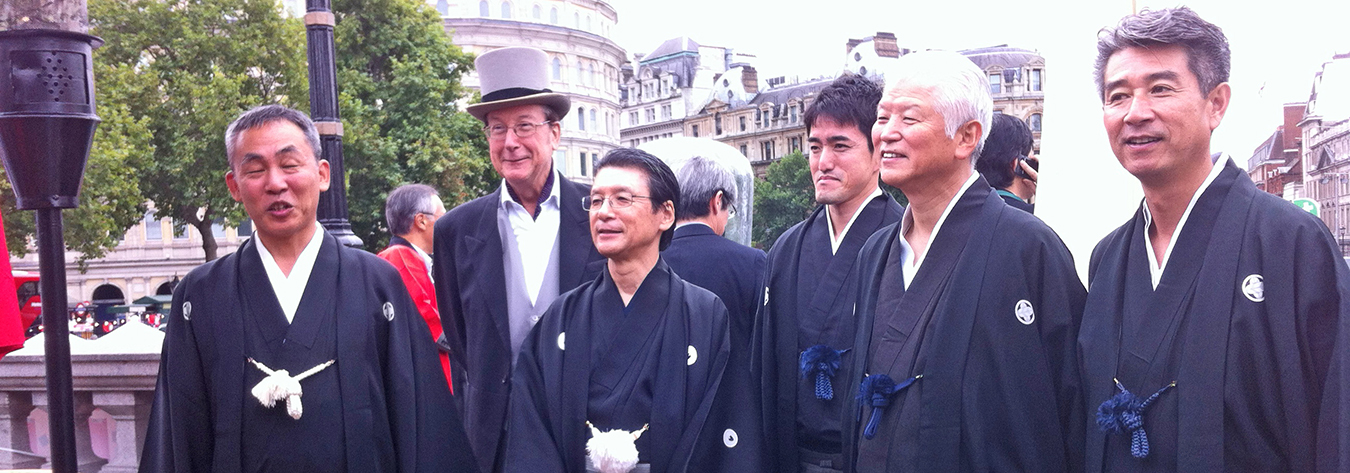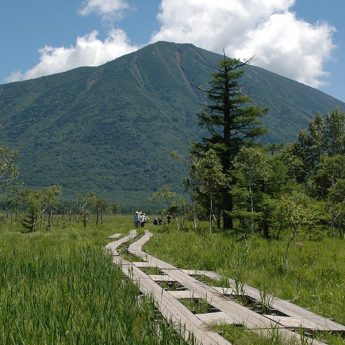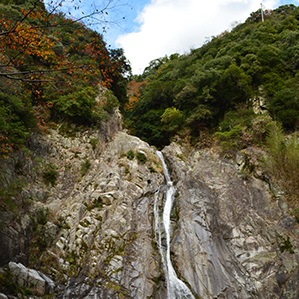The importance of tourism to national economies is not well understood by many governments and people across the world. There remains more to do to ensure that the industry is always a topic of discussion at top tables alongside trade, financial services and other sectors, with adequate funding from government.
The industry employs—directly and indirectly—more than 260mn people worldwide. This is forecast to exceed 330mn by 2023. Tourism comprises many sectors, including hospitality and hotels, aviation, land transport, cruises, retail, restaurants, tourist promotion organisations and travel agencies.
Moreover, it is a driver of supply chains ranging from luxury goods and food to aircraft manufacturers and engineering expertise. Travel creates jobs, generates exports, and stimulates investment.
Travel and tourism contribute to international relations—while also being closely linked to art and cultural developments—helping people gain a better understanding of other cultures. It therefore helps promote harmony among nations. Travel by youth is a key element in this area.
The impact of tourism has become more recognised, largely due to the work of the World Travel & Tourism Council, a forum for business leaders in the industry, and the World Tourism Organization, the United Nations agency responsible for the promotion of responsible, sustainable and universally accessible tourism.
In Japan in 2003, Junichiro Koizumi, then-prime minister, launched the “Yokoso! Japan” campaign to increase inbound tourism from around 5mn to 10mn by 2010. That figure has since been exceeded; 19.7mn visitors were welcomed in 2015. In 2009, this campaign was replaced by “Japan. Endless Discovery”. More recently, a Cool Japan Fund was established to enhance the strength of the country’s brand overseas.
I was appointed a Cool Japan Ambassador by the Cabinet Office in 2016, but my relationship with Japan began in 1964, when I arrived by ship from Vietnam. I had been on a trip around Europe on a gap year between school and university. Once I started travelling, the travel-bug got me and I went overland to Asia, working in various places along the way before arriving in Japan.
I had no preconceptions; immediately I loved it and spent two months travelling nationwide. Everywhere I went people were so kind and hospitable. Although I did not speak a word of Japanese, everyone was keen to help, enabling me to enjoy many contrasting traditions.
From my personal as well as professional experience working closely with the Japan National Tourism Organization and the Japan Tourism Agency, I believe that the country has five core elements as a global tourist destination.
Omotenashi (spirit of hospitality)
People will go out of their way to help visitors. Omotenashi will certainly be at its best during the Rugby World Cup 2019 and the Tokyo 2020 Olympic and Paralympic Games.
Tradition, nationwide
Culture abounds, from spectacular temples and hot springs to tea ceremonies and Japanese traditional cuisine, which was added to the Representative List of the Intangible Cultural Heritage of Humanity.
Cool Japan
Cool covers everything from sushi to manga to technology. Akihabara is the gadget centre of the world. Sushi may be traditional but, for millions worldwide, its unfamiliarity is cool.
Nature: beauty from south to north
More than 80% of Japan is countryside, offering plenty of opportunities to enjoy outdoor sports and activities.
Good value and access
There are reasonably priced hotels, food options and transport across the country. The fall in the value of the yen has made Japan competitively priced. In particular, set meals are incredibly good value compared with their equivalent in other countries.
According to British research firm FutureBrand’s Country Brand Index 2014–15—a global study of country brands that measures strength of perception—Japan was ranked first among 75 countries. This survey assesses quality of life, values, heritage and culture, business potential and tourism.
Japan has incredible potential. While the growth in visitor numbers is very encouraging, it must be matched with efforts to grow the overall value of the sector, as a key contributor to the Japanese economy.
Challenges remain, but I am pleased that across central and local governments there is now much more teamwork in making improvements to the overall offering. This includes everything from simplifying visa procedures to adding English-language signage and improving Wi-Fi availability.







